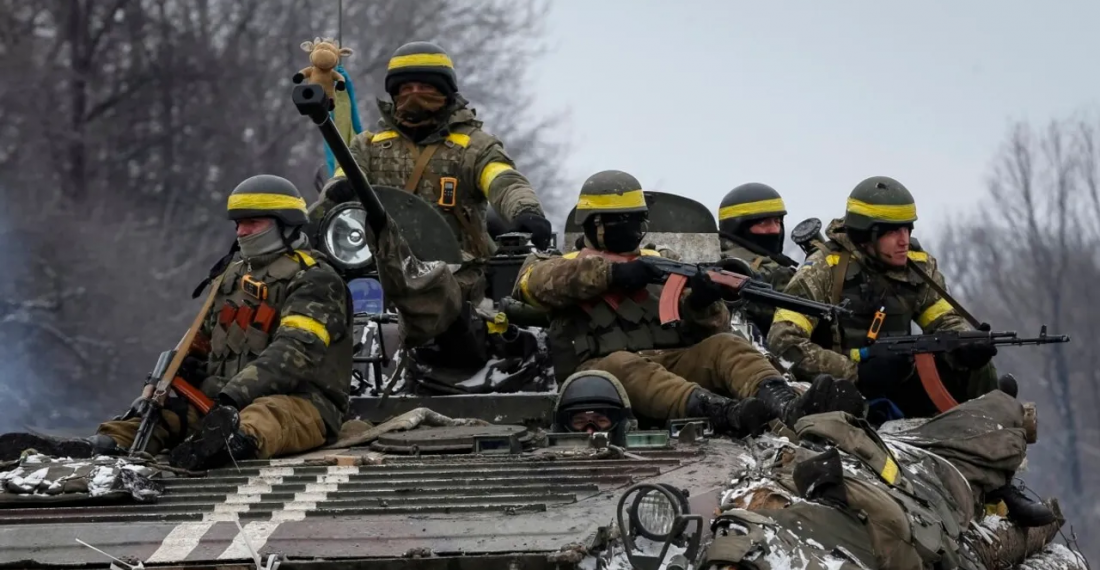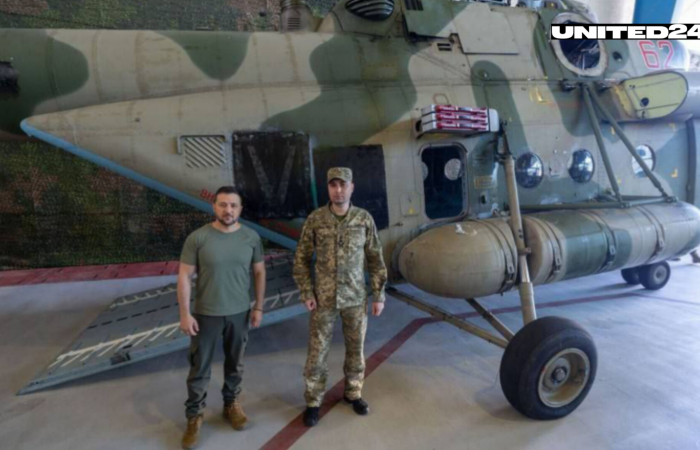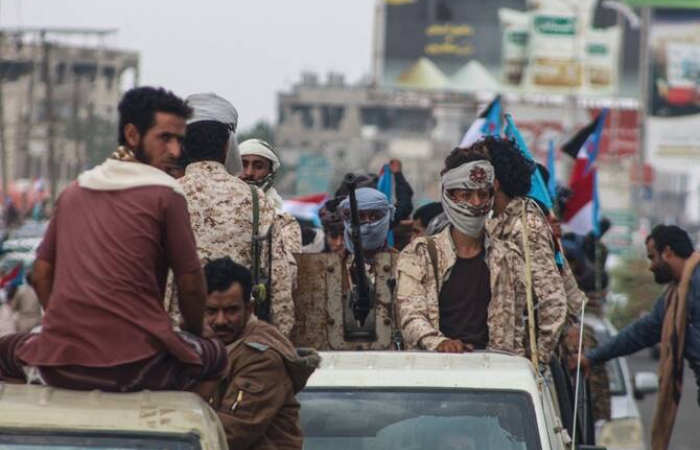No decision has been reached on whether Berlin will approve the supply of Leopard 2 tanks to Ukraine at Ramstein Air Force base summit of global defence leaders in Germany on Friday (20 January).
The BBC reports that the Polish Defence Minister, Mariusz Blaszczak, remains optimistic that efforts to supply the tanks would be successful, saying, "Defence ministers of 15 countries met on the sidelines of today's conference and we talked about this topic...I am convinced that coalition building will end in success."
Both leading up to and during the summit on Friday, numerous countries had made separate pledges of military equipment to Ukraine.
On 17 January, the Dutch Prime Minister Mark Rutte announced that the Netherlands would provide Ukraine with a Patriot missile defence system. On 19 January, Foreign Minister Wopke Hoekstra said that the country would have an "open mind" about sending Ukraine F-16 fighter jets, while Defence Minister Kajsa Ollongren said that the country would be willing to pay for German Leopard 2 tanks to be sent to Ukraine.
On 18 January, Canadian Defence Minister Anita Anand announced on a surprise visit to Kyiv that her country would donate 200 Senator armoured personnel carriers worth $90m in total. This is on top of the $406 million sum to purchase a National Advanced Surface-to-Air Missile System from the United States to donate to Ukraine, announced last week.
On 19 January, representatives of 11 countries met at the Tapa Army Base in Estonia and released a joint statement dubbed "The Tallinn Pledge", with Denmark, the Czech Republic, Estonia, Latvia, Lithuania, Poland, Slovakia and the United Kingdom all donating further military support to Ukraine. The joint statement - and the donations per country - can be read on the UK government website here.
Also on 19 January, Swedish Prime Minister Ulf Kristersson announced that his country would be providing Ukraine with 50 T-90 infantry fighting vehicles, as well as the Archer artillery system. The package, worth $419m, will also include portable NLAW anti-tank weapons, mine-clearing equipment and assault rifles.
On 20 January as the Ramstein meeting was ongoing, Finland announced a record €400m package of military support, the contents of which has remained undisclosed for security reasons.
German Defence Minister Boris Pistorius also announced a €1bn package of military aid on 20 January, reportedly including a Patriot missile system, seven Gepard anti-aircraft self-propelled artillery, Iris-T anti-aircraft missile complexes, additional guided missiles, and training for troops.
But by far the biggest tranche of military aid to Ukraine will come from the United States, who on 19 January announced a $2.5bn package, the full contents of which can be read on the US government website here.
source: commonspace.eu with agencies, UK Government and US Government
photo: NewsDrum






